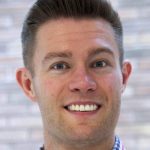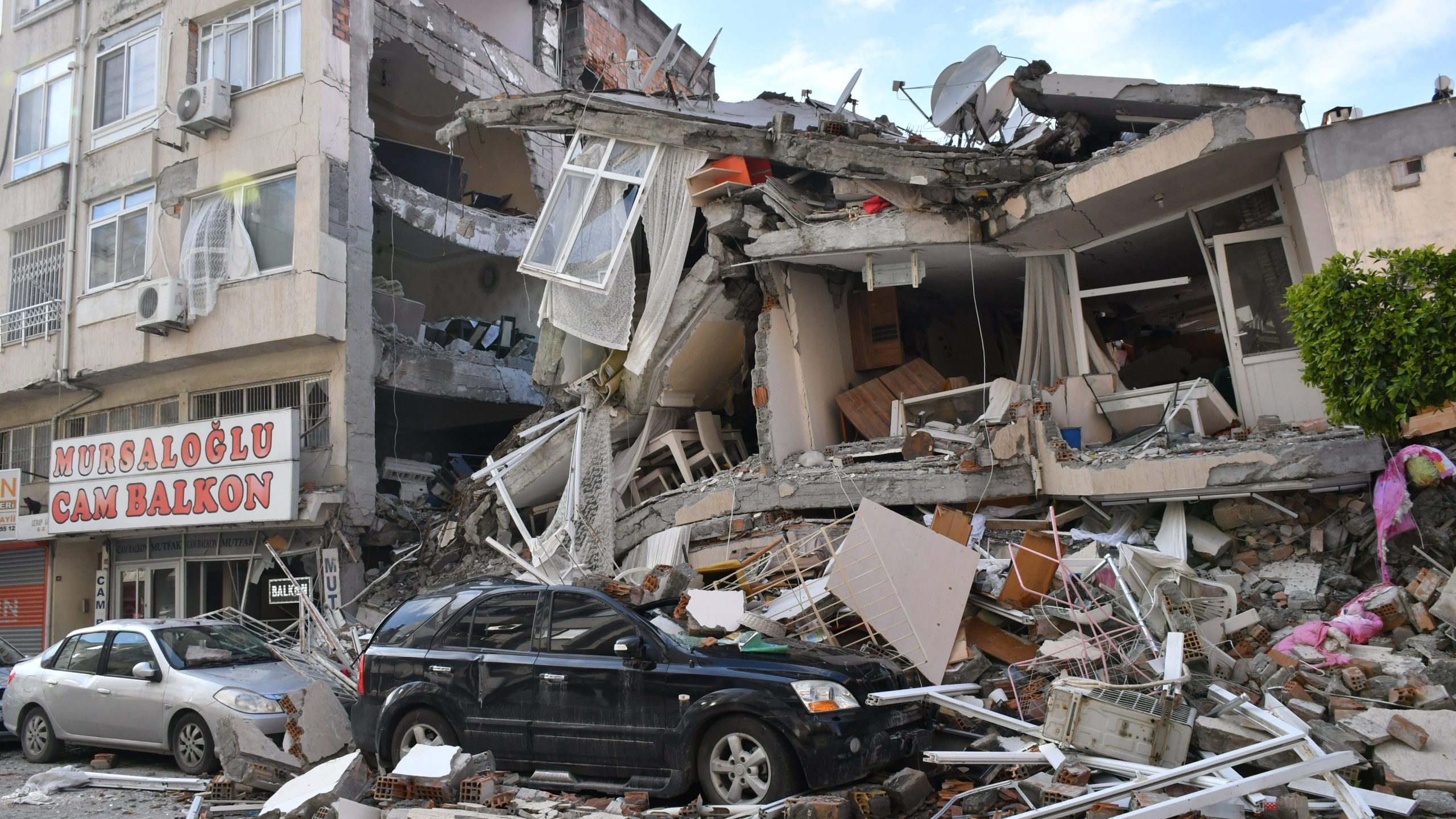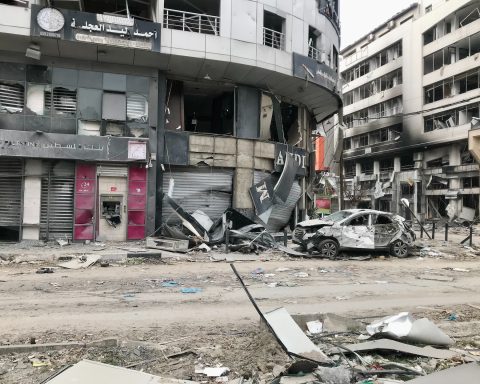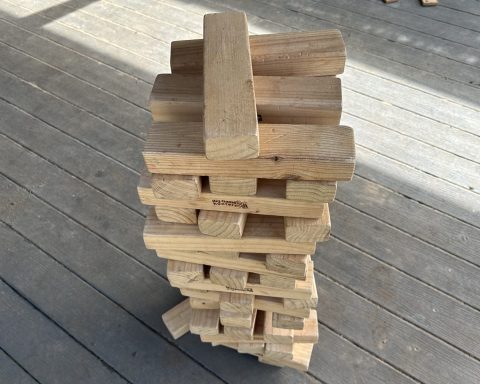
This report is sent from Gaziantep, southeast Türkiye. The town’s name is omitted for security reasons.
A 7.8 magnitude earthquake struck southeast Türkiye near the Syrian border on 06 February 2023 at 4:17am local time, with its epicentre near Nurdağı and Gaziantep in Gaziantep Province.1 A second earthquake of 7.7 magnitude subsequently struck the same region 100 kilometres to the north of the first earthquake later the same day.2 Over 1,400 deaths have been reported in the Government-controlled areas of Syria (and likely many more have been sustained in the country’s territories that are under the control of other actors),2 while over 45,000 deaths and 115,000 injuries have been reported in Türkiye.3 In total, an estimated 9.1 million people have been directly affected by the earthquakes, including some 1.7 million Syrian refugees in affected regions, while 2.7-3.2 million people have been displaced due to the disaster.3
In combination with the Turkish Red Crescent, UKEMT is providing emergency, maternity, paediatric and physiotherapy care, along with primary care services for the residents of the town.
In response to the earthquakes, the UK Emergency Medical Team (UKEMT) is currently providing a variety of clinical services from a field hospital in a heavily-damaged town located around 50 kilometres from Gaziantep in Kahramanmaraş Province. A substantial proportion of the town’s buildings – including its hospital, from which primary care is normally delivered – were destroyed during the earthquakes and their accompanying aftershocks, and many more rendered unsafe for use. While some 25,000 of the settlement’s 80,000 residents have evacuated the town, around 10,000 are living under canvas in formal or informal tented camps. In combination with the Turkish Red Crescent, UKEMT is providing emergency, maternity, paediatric and physiotherapy care, along with primary care services for the residents of the town. In this article I will describe some of my experiences of working as a GP in this context.
Language barrier
Many Turkish-English interpreters stepped forward to assist the UKEMT in its response to the disaster. The majority of these are Turkish medical students who happen to speak excellent English, and whose studies at local universities have been suspended due to the earthquakes. Their familiarity with clinical settings, patient care, and medical terminology, along with their Turkish nationality, means they are comfortably able to gain rapport with the patients we see, help us navigate the significant cultural differences (the patient population is largely a conservative Islamic cohort), and interpret ‘medical English’ in a manner that makes them utterly indispensable.
Medications and prescribing
The field hospital is stocked with a pharmacy of medications that are commonly used in UK general practice, particularly analgesics, antibiotics and controllers of chronic condition. As a member of the UKEMT, I have been granted a temporary license to prescribe medications in the Turkish health system. This allows me to issue the medications from the field hospital pharmacy, and to provide the equivalent of FP10s to patients for them to source from local Turkish pharmacies if what I want to prescribe is not available in the field hospital. While I generally manage patients according to UK National Health Service standards, I often clarify with my Turkish colleagues (who subsequently access Turkish guidelines) to ensure my practice does not meaningfully deviate from the country I’m working in. This is particularly important in the realm of antimicrobial prescribing, in which local sensitives often differ from those in the UK, while rates of antibiotic resistance are some of the highest in the world.4
Injuries
An enormous number of people sustained injuries as a result of the earthquakes, many of whom did not survive them. While my emergency medicine colleagues deal with the injuries of those that did survive, I have seen many patients with musculoskeletal injuries caused directly or indirectly by the earthquakes. Many individuals were trapped under the rubble for hours and even days while they awaited rescue, or crawled out from under the carnage as they conducted their own escape. A great number of others sustained injuries in their attempts to rescue those trapped or to retrieve their possessions from the ruins. As a result, muscular and other soft tissue injuries are frequently encountered, and require simple analgesia and attention from our team’s physiotherapist.
Acute illness
Many people, particularly those at extremes of age, have developed acute respiratory tract infections in response to their being trapped beneath the rubble or being exposed to the wintry conditions of sub-zero temperatures and snow fall. In addition, thousands of people in the UKEMT’s locality alone are temporarily accommodated in tents. Around 10,000 of these people are situated in formal or inform tended camps, while many others have simply pitched tents next to what remains of their former homes. Such living conditions are frequently over-crowded, often with 10 people housed within a single tent, thereby providing optimal conditions for the transmission of both respiratory and gastrointestinal infections. As a result, along with significant numbers of upper and lower respiratory tract infections, many individuals – in particular children – are presenting with diarrhoea and vomiting diseases. Controlling the spread of such diseases within these living conditions constitutes a public health challenge of enormous proportions.
Chronic diseases
In addition to the health needs generated by the direct and indirect effects of the earthquakes, the usual day-to-day general practice needs of a population of 55,000 continues.
Those individuals established on regular medications to help control chronic and non-communicable diseases – especially asthma/COPD, diabetes and cardiovascular disease – and who lost or are no longer able to safely enter their homes during the earthquakes also lost access to their supplies of medications. As a result, the control of those diseases is beginning to slip, and I see many patients that require replacements of their repeats medications. In addition, the psychological stress induced by the earthquakes is inducing increased consumption of cigarettes, alcohol, and other harmful substances that trigger acute illness and worsen chronic diseases (notably, adult smoking prevalence in Türkiye is around 31%).5
Psychological distress
A substantial number of patients are presenting in states of acute psychological distress. While all of these experienced the enormous power of the earthquakes first-hand, many were themselves trapped under collapsed buildings or searched for loved ones and fellow townsmen within the rubble, often in vain. They also lost their homes, their livelihoods, and most of the town they cherished dearly. The need for additional mental health services in this and all of the regions affected by the earthquakes is urgent and clear.6
Background general practice
In addition to the health needs generated by the direct and indirect effects of the earthquakes, the usual day-to-day general practice needs of a population of 55,000 continues. This is intensified by the destruction of the hospital – the building from which primary care services are mostly providing – and the loss or evacuation of many of the town’s health professionals. Numerous other hospitals in the surrounding area have also sustained damage, making onward referral for specialist care frustratingly difficult.
Living conditions for the UKEMT
In order to preserve accommodation availability for the local population, UKEMT members are housed in small individual tents brought in-country from the UK. Since our tents are pitched in a large and empty field, this form of accommodation has the added bonus of safety in the event of substantial aftershock or further earthquake. Living conditions are, therefore, basic but comfortable, and adequate to support our work.
References
- H Khan. The Turkey and Syria Earthquake. ReliefWeb. 13 February 2023. https://reliefweb.int/report/turkiye/turkey-and-syria-earthquake [accessed 04 March 2023]
- ReliefWeb. Situation Report: Syria Earthquake March 2023 Government-Controlled Areas, Bi-Weekly Highlights – 03/03/2023.https://reliefweb.int/report/syrian-arab-republic/syria-earthquake-march-2023-government-controlled-areas-bi-weekly-highlights-03032023 [[accessed 04 March 2023]
- ReliefWeb. Situation Report: Türkiye Earthquake February 2023, Bi-weekly Highlights – 03/03/2023. https://reliefweb.int/report/turkiye/turkiye-earthquake-february-2023-bi-weekly-highlights-03032023 [accessed 04 March 2023]
- B Isler, Ş Keske, M Aksoy, et al. Antibiotic overconsumption and resistance in Turkey. Clinical Microbiology and Infection June 2019; 25(6): 651-653. DOI: 10.1016/j.cmi.2019.02.024
- World Health Organization. Global Adult Tobacco Survey 2016 – Turkey. https://extranet.who.int/ncdsmicrodata/index.php/catalog/872/related-materials [accessed 04 March 2023]
- G Kurt, E Uygun, AT Aker, et al. Addressing the mental health needs of those affected by the earthquakes in Türkiye. The Lancet Psychiatry 01 March 2023. DOI: 10.1016/S2215-0366(23)00059-7
Featured photo by Çağlar Oskay on Unsplash








